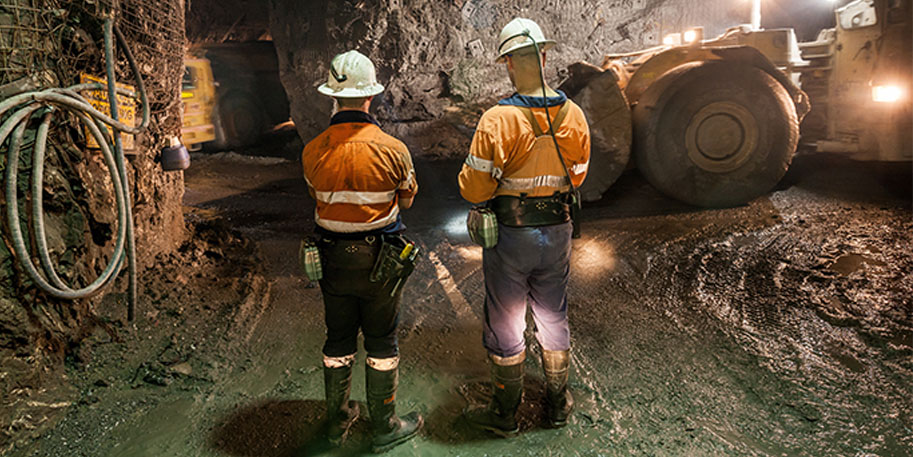Mining Managers play a vital role in overseeing mining operations, ensuring they run safely, efficiently and profitably. They bridge the gap between strategic planning and day-to-day implementation at mining operations.
They supervise all operational aspects of mining projects, including production schedules, equipment utilisation, and workforce management. They implement site policies, coordinate with different departments, and ensure compliance with local mining regulations and safety standards.
Most importantly, they translate corporate objectives into actionable plans while maintaining site productivity and cost management.
Salary Expectations
Compensation varies significantly by country, region, and mining sector. In developed mining economies like Australia, Canada, and the US, Mining Managers typically earn between USD 150,000–350,000 annually. Emerging mining markets may offer lower base salaries but often include substantial benefits packages. Factors affecting compensation include commodity type, operation size, remoteness of location, and level of experience.
Many positions include performance bonuses tied to production targets and safety outcomes. As it’s a senior-level role, many Mining Manager positions are offered through Executive Search, also known as Executive Recruitment, where candidates are directly approached or headhunted.
How to Progress from Mining Supervisor to Mining Manager
Career advancement typically requires that you demonstrate operational excellence as a supervisor first. Mining professionals should pursue additional qualifications in management, gain cross-functional experience, and develop strong leadership capabilities. Most successful Mining Managers have worked across multiple mine sites and commodities, with proven track records in improving safety performance and operational metrics.
If you’re looking for your next role, you might be interested to read more about the best questions to ask an Executive Recruiter. We cover that in this article.
Here, we discuss how Cyient hired a Global Head of Mining Role and what the process looked like.
Essential Qualifications for the Role
Successful candidates typically hold tertiary qualifications in Mining Engineering, Geoscience, or related technical fields. Most positions require statutory certificates appropriate to the specific mining operation (underground, open-cut, coal, metalliferous). Increasingly, employers value additional business qualifications and demonstrated experience in budget management and strategic planning.
Day-to-Day Responsibilities
A typical day involves:
- Leading operational meetings to review safety incidents and production metrics
- Conducting site inspections to identify potential hazards and improvement opportunities
- Analysing production data and addressing bottlenecks
- Managing critical resources including equipment, personnel, and contractors
- Liaising with technical teams on mine planning and development
- Addressing workforce management issues and fostering team cohesion
- Reporting to senior leadership on operational performance
Skills Beyond Technical Expertise
While technical mining knowledge forms the foundation, Mining Managers must excel in people management, stakeholder communication, and adaptive problem-solving. They need strong financial acumen to manage operational budgets effectively and require cultural awareness, particularly when working with local and indigenous communities. Environmental stewardship capabilities are increasingly important as sustainability becomes central to mining operations worldwide.

